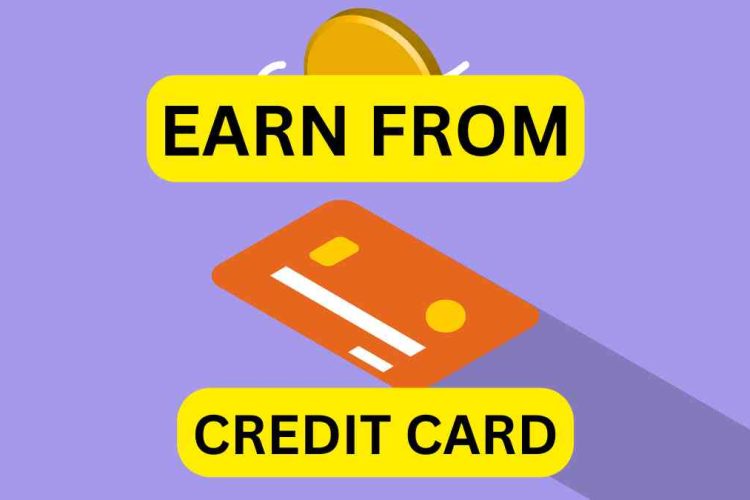Freelancing can be a rewarding way to earn money and build a flexible career. Here’s a guide to help you get started:
1. Identify Your Skills and Services
- Assess Your Strengths: List your skills, experiences, and passions. Identify what services you can offer as a freelancer.
- Select a Niche: Choose a specific area where you excel (e.g., graphic design, writing, web development, marketing).
2. Create a Portfolio
- Showcase Your Work: Develop a portfolio highlighting your best projects. Use platforms like Behance, GitHub, or a personal website.
- Include Testimonials: If available, add client testimonials or references to build credibility.
3. Set Your Pricing
- Research Rates: Explore the typical rates for freelancers in your field. Consider your experience level when setting your prices.
- Decide on Structure: Determine if you’ll charge hourly, per project, or based on deliverables.
4. Establish an Online Presence
- Build a Professional Profile: Create profiles on freelance platforms like Upwork, Freelancer, or Fiverr.
- Optimize Profiles: Use keywords related to your services. Add a professional photo and detailed descriptions.
5. Start Networking
- Utilize Social Media: Join professional groups and networks on platforms like LinkedIn or Facebook.
- Attend Events: Participate in industry events or webinars to connect with potential clients.
6. Apply for Jobs and Projects
- Submit Proposals: Craft tailored proposals for job postings. Highlight how your skills match the client’s needs.
- Be Persistent: Apply consistently and follow up on applications.
7. Deliver Quality Work
- Communicate Clearly: Understand project requirements and deadlines.
- Provide Value: Aim for client satisfaction to secure repeat business and positive reviews.
8. Manage Finances and Contracts
- Set Up Payment Methods: Use platforms like PayPal or bank transfers for invoicing.
- Use Contracts: Define project scope, payment terms, and expectations in contracts to protect yourself.
9. Seek Feedback and Improve
- Request Feedback: After completing projects, ask clients for constructive criticism.
- Continuous Learning: Stay updated with industry trends and refine your skills.
10. Expand and Diversify
- Scale Your Business: Consider hiring help or outsourcing as you grow.
- Explore New Opportunities: Diversify your services based on client demand.
Additional Tips:
- Be Professional: Respond promptly, meet deadlines, and maintain a positive reputation.
- Manage Time Efficiently: Balance work and personal life to avoid burnout.
- Stay Persistent: Freelancing can be competitive; consistency is key to success.
Starting as a freelancer requires dedication and patience, but with the right approach and commitment, you can build a successful freelance career. Keep refining your skills, networking, and delivering excellent work to thrive in the freelance world.



